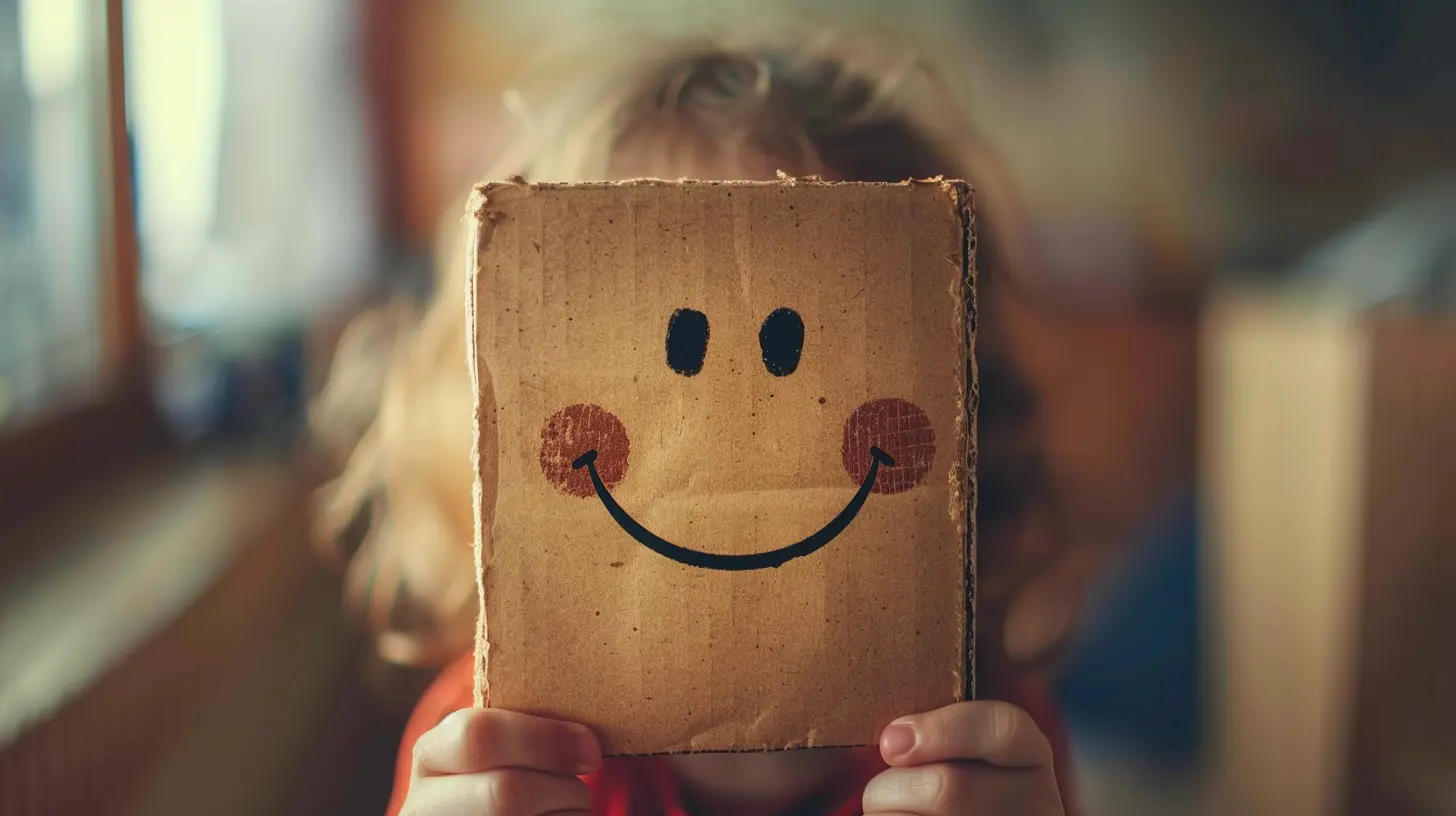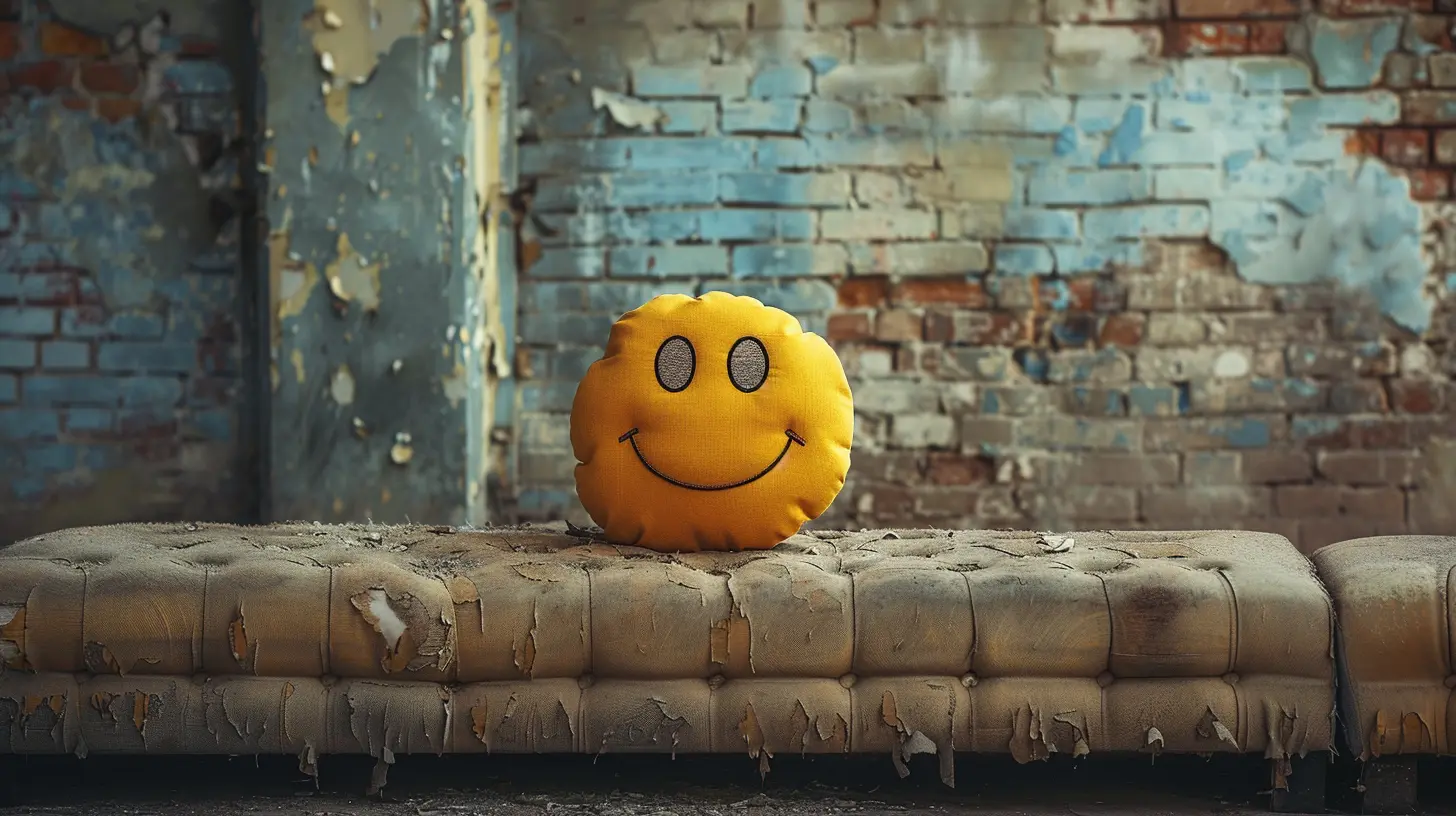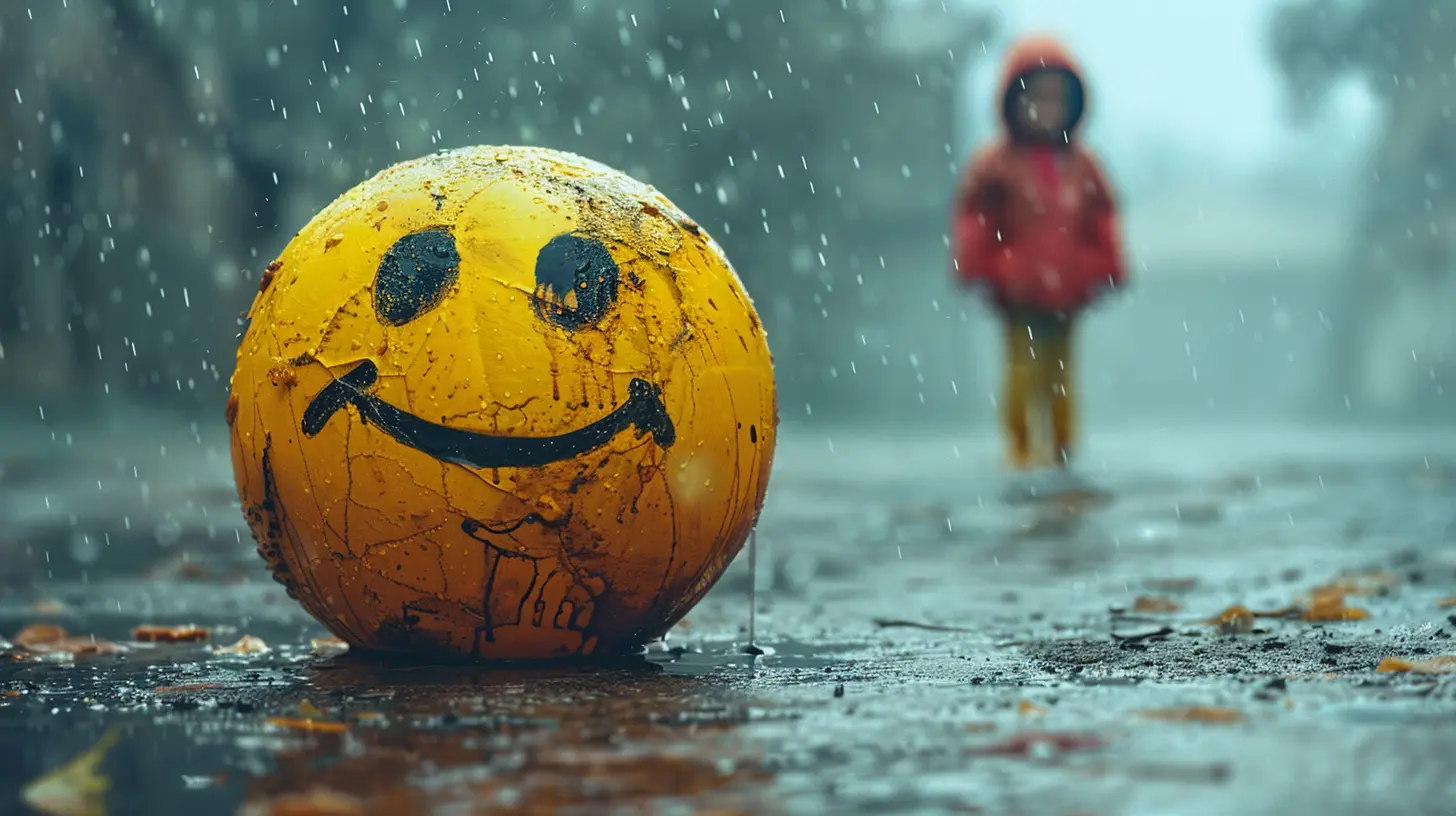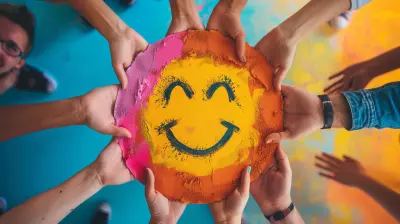How Your Childhood Shapes Your Understanding of Happiness
31 August 2025
Ever wonder why some people find joy in the little things while others constantly chase after something bigger? Or why some folks seem effortlessly content and others are always asking, “What’s missing?” The answer often lies deep in your past—yep, right back to your childhood.
Childhood isn’t just about scraped knees and bedtime stories. It’s the foundation that shapes your emotional blueprint for the rest of your life. Your definition of happiness, how you pursue it, and how satisfied you feel when you get there—it all starts early. In this article, we’re diving into how your upbringing influences your concept of happiness and why those early years matter more than most people think.
Table of Contents
1. The Emotional Blueprint: Childhood as the Base Layer2. Parenting Styles and Their Lasting Echoes
3. Attachment Theory and Your Happiness GPS
4. How Praise and Criticism Cloud Your Joy Radar
5. The Role of Safety and Stability in Childhood
6. Cultural and Societal Expectations Start Early
7. Trauma and Its Shadow Over Happiness
8. Can You Rewire Your Happiness Lens?
9. Final Thoughts: Childhood Isn’t Destiny—But It’s Close

The Emotional Blueprint: Childhood as the Base Layer
Think of your childhood like the operating system on your phone. It’s the base layer everything else runs on. No matter how fancy your apps (skills, education, experiences), if your OS has bugs (emotional baggage from childhood), things are going to glitch.From a young age, we absorb unspoken rules about what’s okay to feel, how love works, and what success looks like. If your parents celebrated small wins, you might associate happiness with gratitude. But if praise only came with straight A’s, then achievement might be your only road to feeling “good enough.”
Your emotional responses, your coping style, your reactions to joy and sadness—they’re often echoes of your caregivers' behaviors.
Parenting Styles and Their Lasting Echoes
Not all parenting is created equal. Different types of parenting leave different emotional footprints. Let’s break it down:1. Authoritative Parenting
This is the gold standard—high warmth, high structure. Kids raised by authoritative parents often grow up feeling secure and seen. They’re more likely to feel confident in seeking joy and more comfortable expressing emotions. These people usually understand happiness as something balanced—joy mixed with purpose.2. Authoritarian Parenting
Think control without warmth. Kids raised in this environment may grow up associating happiness with permission. They might feel guilty for relaxing or enjoying things outside of achievement. Emotional repression can become second nature.3. Permissive Parenting
High warmth, low rules. While this might sound ideal, it can leave kids without boundaries. As adults, they might chase impulsive sources of happiness or feel lost when life demands structure.4. Neglectful Parenting
Low warmth, low control. This one stings. Children in these environments often struggle with self-worth and may not believe happiness is something they “deserve.” Trust becomes a huge hurdle.So, just by knowing how you were raised, you can start to decode your emotional wiring.
Attachment Theory and Your Happiness GPS
Ever feel clingy in relationships? Or maybe you're the opposite—independent to a fault? That’s probably your attachment style talking, and guess where it comes from? Yep—your early relationships, especially with your primary caregivers.Your attachment style acts like your internal GPS for connection, and connection is a key ingredient to happiness.
- Secure Attachment: You trust easy, love freely, and generally feel content. Happiness feels safe.
- Anxious Attachment: You cling to people, worry about abandonment, and happiness often feels fleeting.
- Avoidant Attachment: You push people away to avoid vulnerability. Happiness? It feels like a trap.
- Disorganized Attachment: A mix of both. So happiness often feels confusing or unsafe.
Understanding your style helps you navigate how you relate to others—and to your own joy.
How Praise and Criticism Cloud Your Joy Radar
Did you grow up being praised only when you achieved something? Or were you criticized even when you tried your best?Children are like sponges—they internalize the feedback they get. If your worth was always tied to performance, then as an adult, you might only feel happy when you're being productive. It's like happiness becomes a reward, not a right.
On the flip side, if you were constantly criticized, you might struggle with imposter syndrome or feel like happiness is always one mistake away from disappearing. Your internal critic becomes the loudest voice in the room, drowning out joy.
The good news? You can learn to replace criticism with compassion. But first, you have to spot where it started.
The Role of Safety and Stability in Childhood
Imagine trying to relax in a burning building. Sounds crazy, right? That’s what it’s like trying to feel happy when your nervous system is used to chaos.Children who grow up in stable environments—where meals are regular, routines are predictable, and love is unconditional—are more likely to develop a baseline of calm. That calm becomes the fertile ground where happiness can grow.
But for kids raised in unstable homes—where emotions ran high, money ran low, or safety was never guaranteed—happiness can feel foreign. Even when life is stable, they might struggle to trust it. They’re waiting for the other shoe to drop.
Cultural and Societal Expectations Start Early
Your culture plays a huge role in shaping what you’re taught to value. In some cultures, happiness is about individual freedom. In others, it’s about fulfilling your duty to your family or community.If you were raised to prioritize achievement, honor, or sacrifice, personal joy might feel selfish or secondary. On the flip side, if self-expression was encouraged, you may be more in touch with what happiness means to you.
None of these views are “bad”—but they do color your lens. The key is realizing that it’s a lens, not reality. You can always choose a new filter.
Trauma and Its Shadow Over Happiness
Let’s not sugarcoat this: childhood trauma can put a pretty thick blanket over happiness. Whether it was abuse, neglect, loss, or chronic stress, trauma rewires the brain.It tells your nervous system that the world isn’t safe, that people can’t be trusted, and that good things don’t last. This makes it incredibly hard to feel safe enough to enjoy the present.
But here’s the kicker—trauma isn’t the end of the story. With therapy, support, and self-work, the brain can be rewired. It takes time, but healing is absolutely possible.
Can You Rewire Your Happiness Lens?
Yep, you sure can. Just like muscles can be retrained, your brain can learn new pathways. It all starts with awareness—understanding how your early years shaped you.Here are a few ways to start rewiring:
- Inner Child Work: Connect with your younger self. What did you need back then? Give it to yourself now.
- Cognitive Restructuring: Challenge old beliefs like “I need to earn happiness” or “I’m not lovable.”
- Mindfulness and Gratitude: These practices re-teach your brain to see the good in the now.
- Therapy: A good therapist can help you spot the patterns and break cycles for good.
Happiness isn’t a destination—it’s more like a muscle you build over time. And the stronger your emotional foundation, the easier it becomes.
Final Thoughts: Childhood Isn’t Destiny—But It’s Close
Your childhood scripts your first draft of life, but you’re the editor now. Yes, those early years had a powerful hand in shaping what happiness means to you. Maybe they planted seeds of joy, or maybe they left behind thorns of self-doubt.Either way, you have the power to grow something new.
Understanding your past gives you the freedom to rewrite your present. And while your childhood shapes the way you think about happiness, it doesn’t have to define it forever. You’re allowed to update your software, change your blueprint, and chase joy on your own terms.
So, ask yourself—what did happiness look like in your childhood? And what do you want it to look like now?
all images in this post were generated using AI tools
Category:
Psychology Of HappinessAuthor:

Alexandra Butler
Discussion
rate this article
1 comments
Betsy Benton
Insightful article! Childhood truly plays a crucial role in shaping our happiness.
September 2, 2025 at 4:31 PM

Alexandra Butler
Thank you! I'm glad you found it insightful. Childhood experiences indeed have a profound impact on our understanding of happiness.


